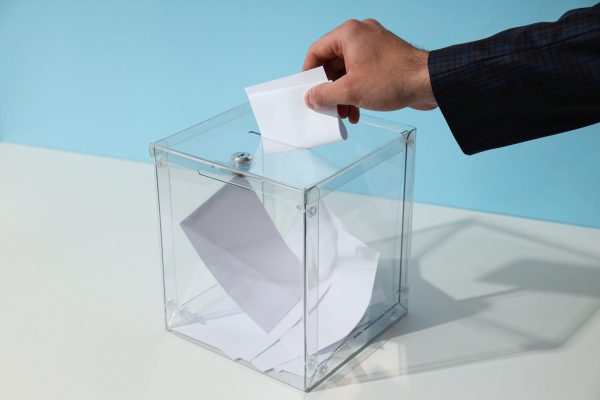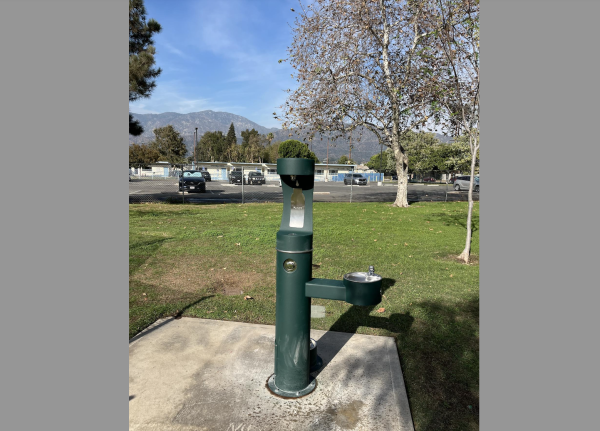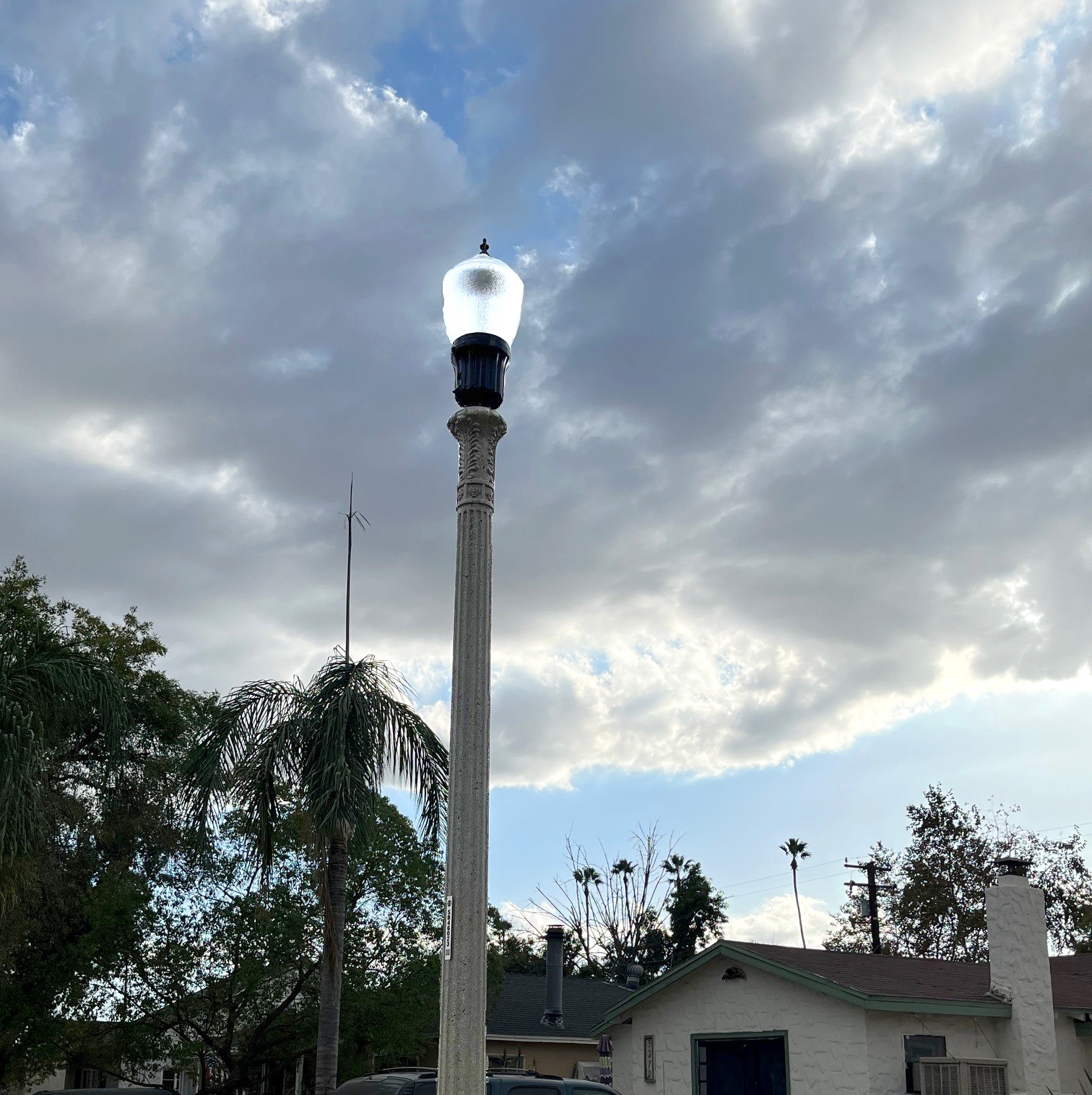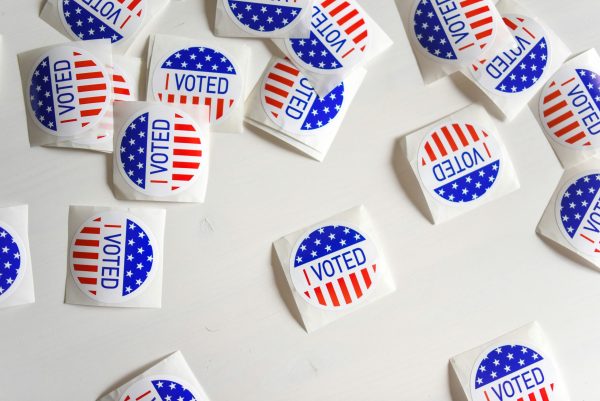A number of state and Los Angeles County voter initiatives are on Tuesday’s ballot, with a lot of focus on state propositions that aim to overhaul criminal justice and rent-control policies and county measures on homelessness and expanding Board of Supervisors membership.
Measure A is a sales tax measure with its sights set on replacing Measure H, a similar initiative LA County voters approved in 2017 that expires in 2027. Measure A would raise the sales tax 0.5% to fund homeless services and prevention, remaining in effect until voters repeal it.
Measure G would expand the LA County Board of Supervisors from five seats to nine and make the county CEO an elected position. The measure would also create the county legislative analyst and director of budget and management positions and establish an Ethics Commission and a compliance officer by 2026. Supervisors Holly Mitchell and Kathryn Barger oppose the measure, while Supervisors Lindsey Horvath, Janice Hahn and Hilda Solis are in favor.
Proposition 36 has garnered most of the attention compared with other state measures. Supporters say it’s an overdue attempt to stiffen penalties and crack down on theft crimes, but opponents claim it will cancel multimillions of dollars in funding for crucial mental health, drug-addiction rehab and lead to mass incarceration.
The main thrust of the ballot measure is tougher penalties for some drug and theft crimes. Under Prop 36, certain drug possession and thefts under $950 would be charged as felonies, primarily for alleged offenders with previous convictions for similar crimes.
A decade ago amid concerns over prison overcrowding voters passed Proposition 47, under which those offenses were reduced to misdemeanors.
Prop 36 would also establish tougher penalties for organized retail thefts committed by groups of thieves.
Proposition 33 aims to increase local governments’ options to apply rent control to more housing types. It would repeal the Costa-Hawkins Rental Housing Act of 1995, which restricts rent control housing in California. Under the law, rent control is not allowed for single-family housing or buildings constructed after 1995.
Supporters contend the measure would give critical protections to tenants struggling stay economically afloat, in particular seniors living on fixed incomes. Opponents say the voter initiative would exacerbate the state’s housing shortfall by discouraging the construction of new rental housing.
Proposition 2 would authorize $10 billion in state bonds for repair, upgrade and construction at K-12 public schools. The measure would also expand eligibility for financial hardship grants for school districts that have low enrollment and are underserved. Opponents say the state should more effectively manage existing education funds before accepting an additional $10 billion debt.
Proposition 3 would amend the California Constitution to recognize the right to marry regardless of sex or race by removing language that says marriage may only be between a man and a woman.
Proposition 4 would approve $10 billion in state bonds for climate and environmental projects that include $3.8 billion for drinking water protection and nearly $2 billion for wildfire prevention and heat mitigation.
Proposition 5 would lower the percentage of voters needed to approve local bond measures for affordable housing and certain infrastructure projects to 55% rather than the existing two-thirds majority.
Proposition 6 would amend the state’s Constitution to block prisons from forcing inmates to work. Instead the measure would allow inmates to accept work assignments in exchange for credit to reduce sentences.
Proposition 32 would raise the statewide minimum wage for employers with 26 or more employees to pay $17 per hour for the rest of 2024 and $18 an hour starting Jan. 1. Smaller companies would have to pay $17 hourly beginning Jan. 1 and $18 an hour in 2026. The current minimum hourly wage in California is $16.
Proposition 34 would require select health care providers to spend 98% of revenue from federal discount prescription drug programs on direct patient care.
Proposition 35 seeks to make permanent the existing tax on managed health care plans that will expire in 2026. The measure directs the tax revenue to health care services for low-income families with children, seniors, disabled people and other Medi-Cal recipients.







